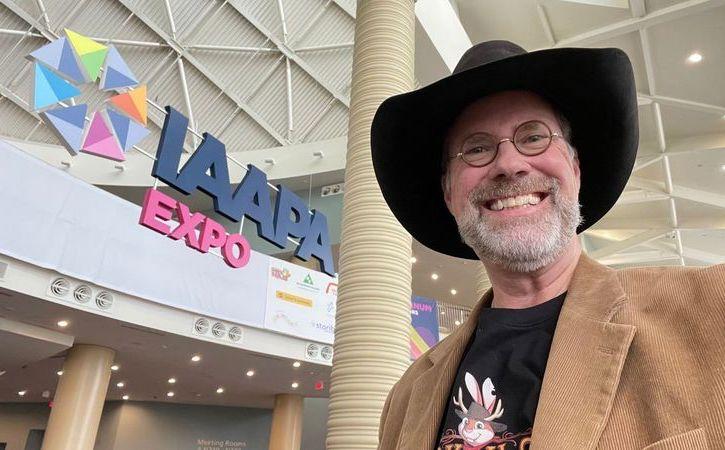A group of six employees with the Los Angeles Police Department (LAPD) filed a lawsuit in federal court against the city on Sept. 11, claiming that the city’s mandatory COVID-19 vaccination policy violates their rights.
The lawsuit challenges both the city’s mandate and LAPD’s alleged failure to provide a process to submit requests for medical or religious exemptions. The plaintiffs include LAPD employees who have contracted COVID-19 and recovered who believe they should be exempt from the mandate.





